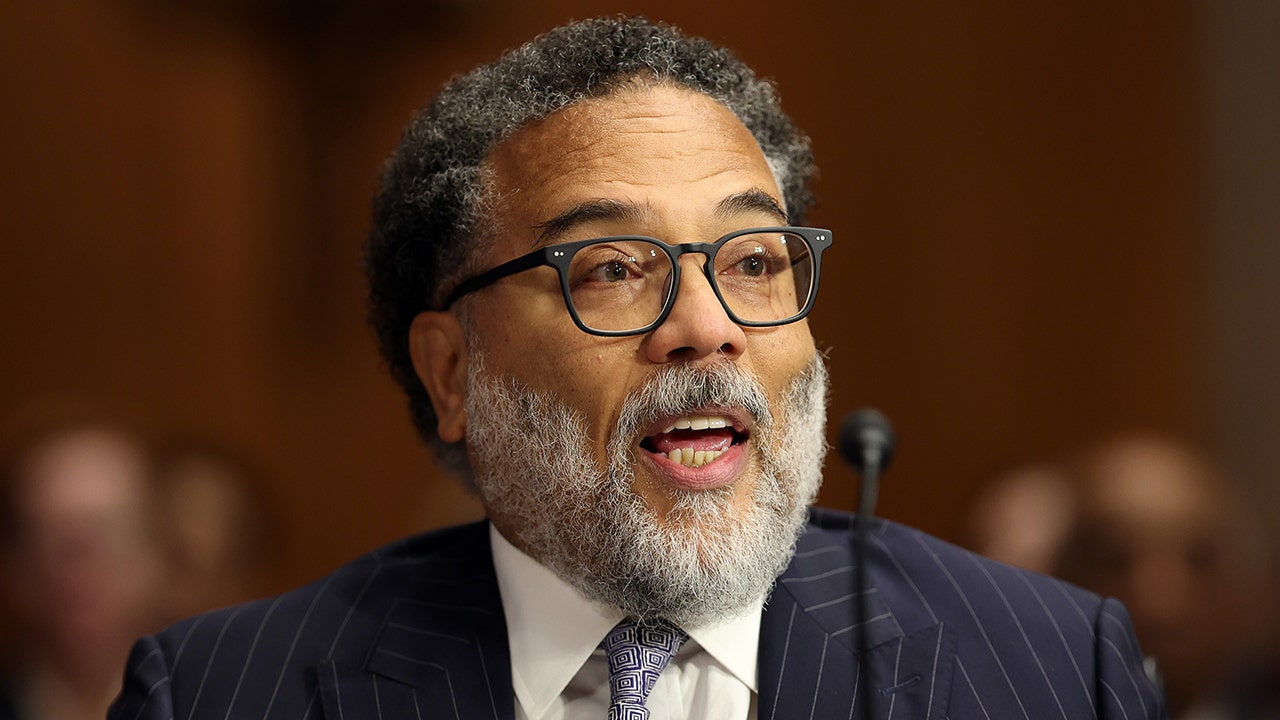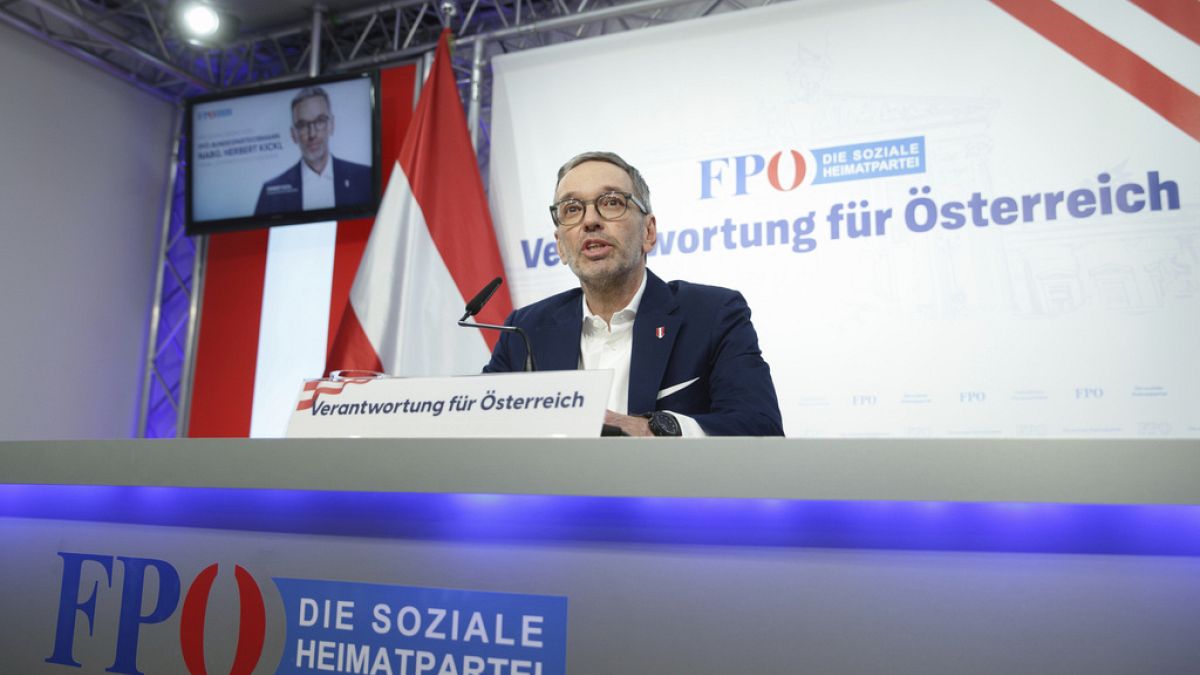Education
Opinion | College Students: School Is Not Your Job

College freshmen who just arrived on campus have heard, from parents and politicians alike, that college exists mainly for the sake of work. Colleges themselves tout their graduates’ employment rates, starting salaries and career networks as a major selling point.
Students have gotten the message. An overwhelming majority of first-year students tell pollsters that getting a better job is a major reason for going to college. Across 25 years of teaching at five universities in three states, I have heard students consistently call school their “job.” Given the cost of attending a four-year college, it’s reasonable that they want assurance their degrees will lead to higher earnings.
But the expectation that college will help them land a job has led too many students to approach college like a job in its own right: a series of grim tasks that, once completed, qualifies them to perform grimmer but better-paid tasks until retirement. That’s a shame, because this mentality leaves no room for what college should primarily be about: not work, but leisure.
College is a unique time in your life to discover just how much your mind can do. Capacities like an ear for poetry, a grasp of geometry or a keen moral imagination may not “pay off” financially (though you never know), but they are part of who you are. That makes them worth cultivating. Doing so requires a community of teachers and fellow learners. Above all, it requires time: time to allow your mind to branch out, grow and blossom.
The 20th-century German philosopher Josef Pieper might have said that when students see college solely in terms of work, they deny their own humanity. Pieper points out in his 1948 book, “Leisure: The Basis of Culture,” that the word “school” comes from the Greek “schole,” which means leisure.
Pieper borrows his idea of leisure from Aristotle, who saw contemplation as the highest human activity and thus essential to happiness. “For we do business in order that we may have leisure,” Aristotle wrote, implying that leisure must therefore be a greater thing than work.
Leisure is not the same as rest from labor. Rest, Pieper argued, is actually a part of work, keeping you in good working order. “The point and the justification of leisure,” he wrote, are not that they make it possible for people to “function faultlessly and without breakdown,” but rather that they make it possible for workers to remain human.
For Pieper, the question of leisure was fundamentally one of human nature. He saw, in post-World War II Europe, a burgeoning “world of total work” in which economic value is the only value. Pieper asked, “can a full human existence be contained within an exclusively workaday existence?” He didn’t think it could.
Pieper’s question is just as urgent today for people pursuing higher education. For all but the most fortunate, earning power is an inescapable concern throughout a student’s life. But if it’s the only value that defines a life, then students don’t need a true education at all. They don’t need to construct a vision of the whole world and their place in it. They don’t need to address the larger questions that arise through open-ended discussion with professors and peers. They just need narrowly focused training.
When I was in college, nearly three decades ago, one of my professors lived in a dorm as a faculty adviser. On Friday afternoons, he propped open his door and invited students in for coffee and conversation about anything: literature, theology, science, politics. I dropped by every week. He screened “Crimes and Misdemeanors” and “My Dinner With Andre” in the TV lounge and hosted our fumbling efforts to philosophize about them afterward.
At the time, I knew almost nothing of this man’s life beyond the university. But I saw in his broad curiosity, his care for us and his comfort with unhurried discussion a way of life I had never before imagined. It was the life of the mind, something like Aristotle’s ideal. I wanted to live like that, too.
That kind of leisured, contemplative learning is not just a luxury for privileged students at elite colleges. At Austin Community College, in Texas, Ted Hadzi-Antich Jr. leads the Great Questions program, built around intense discussion of a diverse array of “transformative” books. Mr. Hadzi-Antich compared his classroom to a New York subway car, its passengers drawn from a range of ages, places, careers and backgrounds. But the students are all literally on the same page, discussing “The Odyssey” in small groups.
The program’s questions include the nature of justice, knowledge, love and the good life. “It’s not optional for us to confront those questions,” Mr. Hadzi-Antich said. “We confront them because we’re human.”
Mr. Hadzi-Antich compared the conversations that emerge in his class to improvisational music. No one knows in advance where the discussion will end up, but each person carries forward the theme someone else was just playing. “It’s almost like there’s this invisible conductor tapping people on the shoulder and saying, ‘Now you go,’” he said. He often loses track of time. I asked him if the class was fun. “Gosh, it’s more than fun,” he replied. “You’re part of creating something that’s larger than you.”
Pieper saw leisure as both activating our full humanity and pointing beyond its limitations. “The power to know leisure is the power to overstep the boundaries of the workaday world and reach out to superhuman, life-giving existential forces,” he wrote. “Only in genuine leisure does a ‘gate to freedom’ open.” It’s a sign of our pinched cultural values that universities are so resistant to saying that this is their core mission.
Precious few areas of American life are not dominated by work. College professors often contribute to the problem. We fly through a hundred slides in a 50-minute lecture. We pride ourselves on how difficult our classes are. We hunker down at home to avoid chance encounters with students or colleagues. (In our defense, we’re trying to cope with overwork, too.)
It’s not easy to make space for leisure within universities that look increasingly like corporations. It’s not easy to fit open-ended contemplation into a Monday-Wednesday-Friday schedule. Still, at their best, colleges and universities offer an alternative to the culture that values people solely for their labor.
Yes, a college education will help someone earn more in a career. That’s a good thing. But life is much more than work. I am certain that if students show an interest in questions beyond how to become better workers, if they exhibit a desire to learn for its own sake, they will meet people who are just as eager for it as they are.

Education
Video: Several Killed in Wisconsin School Shooting, Including Juvenile Suspect

new video loaded: Several Killed in Wisconsin School Shooting, Including Juvenile Suspect
transcript
transcript
Several Killed in Wisconsin School Shooting, Including Juvenile Suspect
The police responded to a shooting at a private Christian school in Madison, Wis., on Monday.
-
Around 10:57 a.m., our officers were responding to a call of an active shooter at the Abundant Life Christian School here in Madison. When officers arrived, they found multiple victims suffering from gunshot wounds. Officers located a juvenile who they believe was responsible for this deceased in the building. I’m feeling a little dismayed now, so close to Christmas. Every child, every person in that building is a victim and will be a victim forever. These types of trauma don’t just go away.
Recent episodes in Guns & Gun Violence
Education
Video: Biden Apologizes for U.S. Mistreatment of Native American Children

new video loaded: Biden Apologizes for U.S. Mistreatment of Native American Children
transcript
transcript
Biden Apologizes for U.S. Mistreatment of Native American Children
President Biden offered a formal apology on Friday on behalf of the U.S. government for the abuse of Native American children from the early 1800s to the late 1960s.
-
The Federal government has never, never formally apologized for what happened until today. I formally apologize. It’s long, long, long overdue. Quite frankly, there’s no excuse that this apology took 50 years to make. I know no apology can or will make up for what was lost during the darkness of the federal boarding school policy. But today, we’re finally moving forward into the light.
Recent episodes in Politics
Education
Video: Los Angeles Bus Hijacked at Gunpoint

new video loaded: Los Angeles Bus Hijacked at Gunpoint
transcript
transcript
Los Angeles Bus Hijacked at Gunpoint
The person suspected of hijacking a bus which killed one person, was taken into custody after an hourlong pursuit by the Los Angeles Police Department early Wednesday morning.
-
“Get him.”
Recent episodes in Guns & Gun Violence
-

 Business7 days ago
Business7 days agoThese are the top 7 issues facing the struggling restaurant industry in 2025
-

 Culture7 days ago
Culture7 days agoThe 25 worst losses in college football history, including Baylor’s 2024 entry at Colorado
-

 Sports6 days ago
Sports6 days agoThe top out-of-contract players available as free transfers: Kimmich, De Bruyne, Van Dijk…
-

 Politics5 days ago
Politics5 days agoNew Orleans attacker had 'remote detonator' for explosives in French Quarter, Biden says
-

 Politics5 days ago
Politics5 days agoCarter's judicial picks reshaped the federal bench across the country
-

 Politics3 days ago
Politics3 days agoWho Are the Recipients of the Presidential Medal of Freedom?
-

 Health2 days ago
Health2 days agoOzempic ‘microdosing’ is the new weight-loss trend: Should you try it?
-

 World7 days ago
World7 days agoIvory Coast says French troops to leave country after decades














